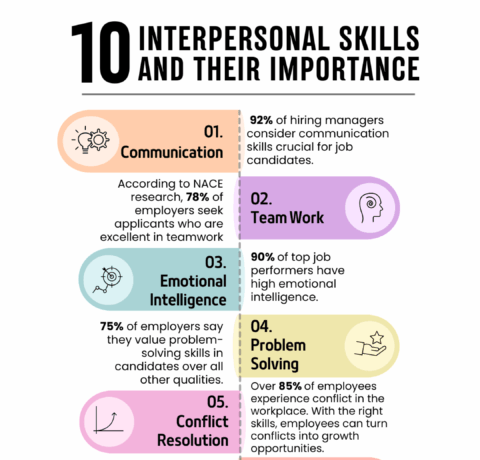9 Hobbies That Can Actually Make You Smarter Infographic
A hobby can have benefits that extend well beyond just passing the time. Some hobbies can actually make us smarter. Here is a list of nine hobbies that can help stimulate your mind and make you smarter.
1. Writing
“When thoughts are on paper, we see the relationships between them, and come up with better thoughts. Writing, in other words, can make us smarter.”
(Elbow, 1973)
Supports “…the more complex kind of reasoning that is increasingly necessary for successful performance in our complex technological and information-based culture”.
(Langer et al., 1987)
2. Reading
“Print exposure is associated with vocabulary, general knowledge, and verbal skills even after controlling for abstract reasoning abilities.”
(Stanovich, 1993)
“Research indicates that reading has higher correlations with world and cultural knowledge than does television viewing”
(Stanovich, 1993)
3. Exercise & Physical Activity
“Exercise can make you smarter, happier and have more neurons depending on the dose (intensity) of the training program”.
(Gradari et al., 2016)
“physical activity effectively changes the brain, both at a morphological and functional levels.”
(Gradari et al., 2016)
4. Listening to Music
“Music is a powerful tool for shaping neuronal structure and function, especially with regard to auditory processing.”
(Strait et al., 2011)
causes “…physiological changes in cerebral blood flow, cardiovascular and muscle function, and enhanced dopamine secretion in the human brain”
(Kanduri et al., 2015)
5. Playing Video games
“…results in a wide range of behavioural benefits, including enhancements in low-level vision, visual attention, speed of processing and statistical inference…”
(Bavelier et al., 2011)
“…video and online game play may improve visuospatial capacity, visual acuity, task switching, decision making and object tracking in healthy individuals.”
(Bavelier et al., 2011)
6. Learning a New Language
“the learning and continuous use of two languages have pervasive effects on the functional and structural properties of various cortical and subcortical structures.”
(Costa et al., 2014)
“…bilingualism also seems to affect the structure of certain brain areas” “…involved in verbal fluency tasks, articulatory and phonological processes and auditory processing”
(Costa et al., 2014)
7. Playing Chess
“During chess playing, many kinds of cognitive processes are involved, e.g., memory, working memory, attention, visuospatial perception, motivation and decision making”
(Fattahi et al., 2015)
“The involved cognitive processes in chess playing are stimulated and reinforced by practicing this game, resulting in learning-induced neuroplasticity”
(Fattahi et al., 2015)
8. Mindfulness Meditation
“able to improve learning effectiveness and both attention and memory aspects of cognitive performance”
(Ching et al., 2015)
People who meditate “…increase their ability to sustain attention and become more aware of their cognitive, affective, and somatic predispositions and habits”
(Sibinga, 2016)
9. Juggling (yes juggling)
“Several brain-imaging studies have reported changes in regional brain morphology in visual association cortices in individuals learning how to juggle a three-ball cascade. “
(Gerber et al., 2014)
“learning to juggle can alter gray matter in the occipito-temporal cortex as early as after 7 days of training”
(Driemeyer et al., 2008)







You can adjust your cookie preferences here.